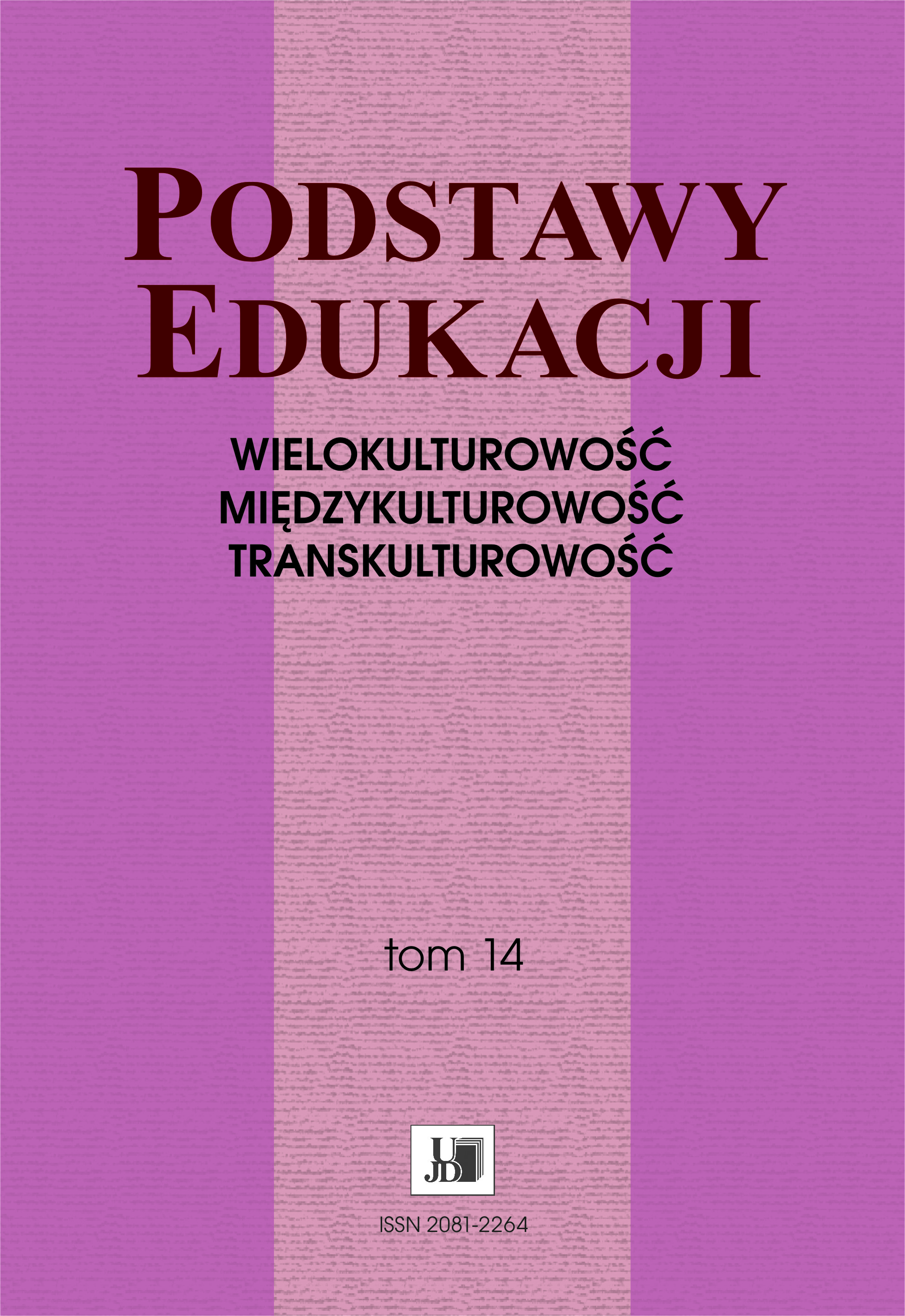Abstract
My research falls within a qualitative orientation. The purpose of this study is to show the ways and consequences of intergenerational transmission of trauma as reflected in the life experiences of young adults. Data were analyzed using a linguistic-narrative method.
In this paper, I look at the intergenerational transmission of trauma in Jewish families as reflected in the life experiences of young adults. They see the consequences of trauma in their loved ones and in themselves. In the case of the former, they can be grouped into three categories: fear of disclosing one's nationality, a special form of which is the prohibition on speaking about one's Jewish origin to one's descendants and the change of name by one's ancestors; overprotectiveness towards one's descendants; and showing emotional distance from them. In turn, the consequences of trauma perceived in the self are: fear of strangers and overprotectiveness towards one's own children.
References
Fossion P., Rejas M-C., Servais L., Pelc I., Hirsch S. (2003). Family Approach with Grandchildren of Holocaust Surviors. American Journal of Psychotherapy, 57(4), 519-527.
Górzna S. (2012). Dyskurs katolicko-żydowski w dobie nowożytnej. Słupskie studia historyczne, 18. 295-305.
Heuckelom van K. (2018). Druga wojna światowa i Holokaust w prozie trzeciego pokolenia (z akcentem Schulzowskim). >Kontrapunktowe< przypadki Piotra Pazińskiego i Erwina Mortiera. Schulz/Forum, 12. 47-71.
Kaźmierska K. (2008). Biografia i pamięć. Na przykładzie pokoleniowego doświadczenia ocalonych z Zagłady. Kraków: Zakład Wydawniczy Nomos.
Krawczyk A. (2019). Komunikacyjno-lingwistyczna metoda analizy tekstu narracyjnego. Przegląd Badań Edukacyjnych, 28(1). 193-218.
Nowak P., Łucka I. (2014). Młody Polak po doświadczeniach wojennych. Siła transgeneracyjnej transmisji traumy. Psychiatria i Psychologia Kliniczna, 14(2). 84-88.
Orwid M., Domagalska-Kurdziel E., Pietruszewski K. Psychospołeczne następstwa Holocaustu w pierwszym i drugim pokoleniu ofiar Holocaustu w Polsce. Czasopismo Dialog. Psychiatria po Oświęcimiu, 2. 945-958.
Prot K. (2009). Badania nad skutkami Holokaustu. Psychoterapia, 151(4). 65-76.
Rutkowski K., Dembińska E. (2016). Powojenne badania stresu pourazowego w Krakowie. Część II. Badania po 1989 roku. Psychiatria Polska, 50(5). 1-14.
Scharf M. (2007). Long-term effects of trauma: Psychosocial functioning of the second and third generation of Holocaust survivors. Development and Psychopathology, 19. 603-622.
Scharf M., Mayseless O. (2011). Disorganizing Experiences in Second- and Third Generation Holocaust Survivors. Qualitative Health Research, 21(11). 1539-1553.
Tippner A. (2016). Sensing the meaning, working towards the facts: drugie pokolenie a pamięć o Zagładzie w tekstach Bożeny Keff, Magdaleny Tulli i Agaty Tuszyńskiej. Teksty Drugie, 1. 68-87.

This work is licensed under a Creative Commons Attribution 4.0 International License.
Copyright (c) 2021 Podstawy Edukacji
